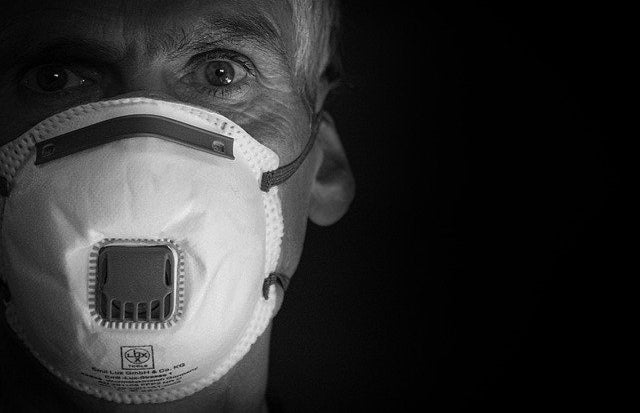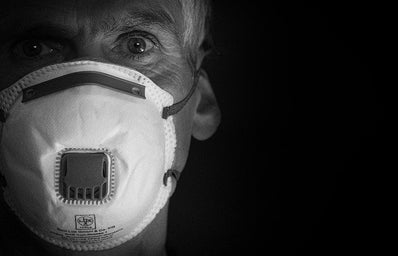Immigration detention centers are creating the perfect environment for COVID-19 to spread quicker and to more people.
ICE facilities have dealt with outbreaks of contagious diseases before. In 2019, 5,200 people in ICE Custody were quarantined after being exposed to mumps or chickenpox. The Department of Homeland security warned that increasing the number of immigrants being held at the border had negatively impacted the department. Despite dealing with Measles, the flu and Chickenpox, the agency has never had never dealt with mumps, according to CNN.
“I think there is heightened interest in this situation because it’s the mumps, which is a new occurrence in custody, but preventing the spread of communicable disease in ICE custody is something we have demonstrated success doing,” Nathalie Asher, ICE executive associate director for enforcement and removal operations, told CNN.
However, is that enough today? As recently as June 2019, the government argued in federal court that it didn’t need to provide children, who are being held at detention centers, toothbrushes, soap, towels or showers.
“We are terrified of dying. If people who have the ability to go to the doctor are dying, what’s going to happen to us in here?” said Gretchen Romero, a Cuban woman seeking asylum in the USA. Romero said there is no room for social distancing. Guards do not wear masks when interacting with the people being held and more than 70 detainees are sharing five bars of soap between them.
“Detainees also have complained of a lack of soap, disinfectant, gloves, masks and the ability to practice social distancing in the facility,” writes Daniel Gonzalez, an immigration reporter for Arizona Central.
Due to people’s concerns about detainees’ health and welfare, advocates are protesting for their release. In Elroy, Ariz., a protest was staged outside of two facilities after the number of people to contract COVID-19 in detention centers rose in the state. “A caravan of more than 100 cars drove to the two facilities, where advocates said detainees are in grave danger of contracting the coronavirus,” writes Gonzalez.
“‘There’s no separation between the sick and the healthy, whether their symptoms are corona-related or not,” Heain Lee told the Washington Post. Lee is a lawyer representing multiple clients at the Farmville facility, a detention center outside of Washington. There, detainees participated in a hunger strike, while lawyers are petitioning, they are released.



